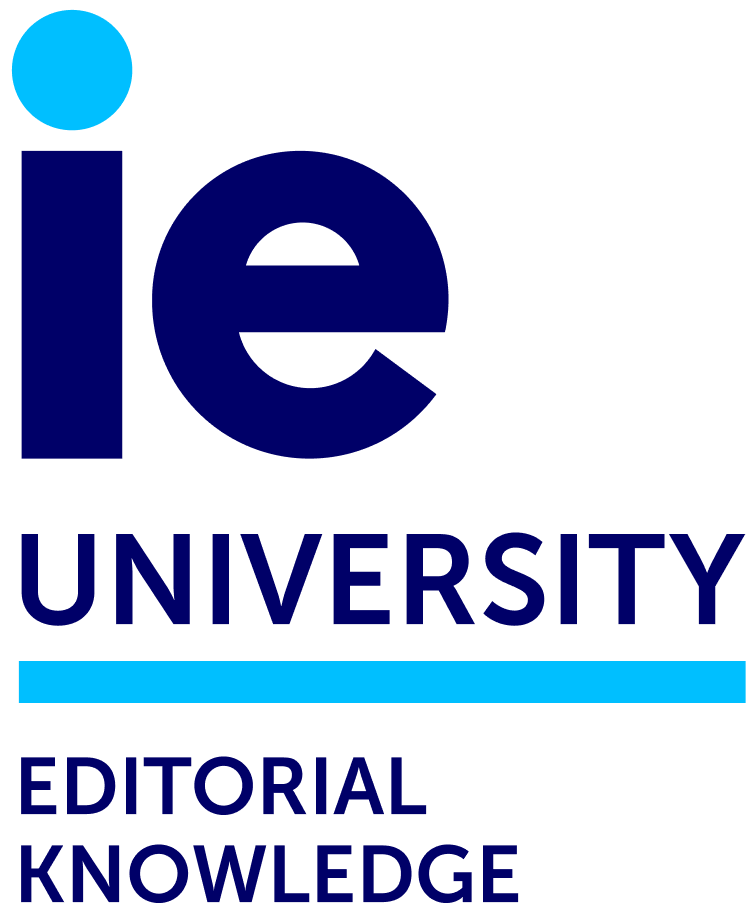Efficient Organization: A Governance Approach
Description
If there are two alternative ways to perform a task, why not choose the one that generates less waste? In this book, Mikko Ketokivi and Joseph T. Mahoney take a look at organization governance and design from a practical and decision-oriented perspective. In addition to special topics such as non-profits, public organizations, and stakeholder analysis, the authors analyze contracting and relationships within and across organizations. The they examine the whole journey of an organizatin, from its foundation and expansion to its maturity, focusing on its main organization design and governance decisions and challenges. Ketokivi and Mahoney argue that it is crucial to maintain an efficient governance in order to secure the credibility of the organization.

Mikko Ketokivi is a Professor of Operations Management and Organization Design at IE Business School. He received a Ph.D. in business administration from the University of Minnesota, and B.Sc. and M.Sc. degrees from Iowa State University.
Dr. Ketokivi’s approach to management is best described as a combination of economics, sociology, psychology, management, philosophy, and statistics. In addition to the substantive topics of operations management and organization design, he specializes in methodology: research design, analysis of complex statistical data, measurement, reasoning, scientific rhetoric, and argumentation.
Dr. Ketokivi’s teaches operations management, organization design, and research methods in the MBA, DBA, and PhD programs. In addition to IE Business School, he has taught at HEC School of Management (France), HEC Lausanne (Switzerland), Benedictine University (USA), University of Minnesota (USA), and Helsinki University of Technology (Finland).

Joseph T. Mahoney is Professor of Strategy and Entrepreneurship and the Caterpillar Chair of Business in the Gies College of Business at the University of Illinois at Urbana-Champaign. He earned his Ph.D. in Business Economics from the Wharton School of Business of the University of Pennsylvania. His research focuses on the economic foundations of strategy, which includes transaction cost economics, property rights theory, agency theory, the resource-based/dynamic capabilities approach, and real options theory.


